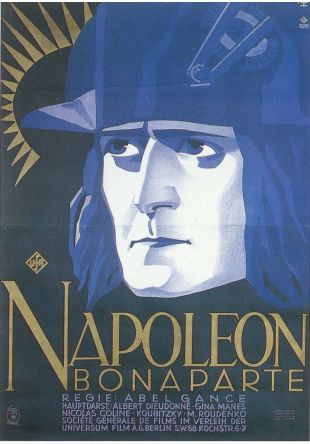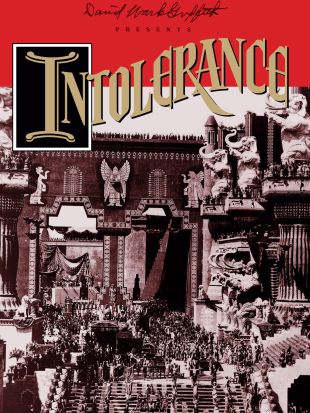Carl Davis is an American-born composer/conductor who rose to prominence in television and films in England during in the 1970s. Born in Brooklyn, he studied at Bard College and later served as assistant conductor of the New York City Opera. In 1961, he attended the Edinburgh Festival for a performance of an award-winning theater composition of his and was subsequently engaged to write the music for the satiric, topical television revue series That Was the Week That Was. Thus began his British career, which soon branched out to conducting and composing for the Royal Shakespeare Company, the National Theater, and the Sadler's Wells Ballet. Davis married British actress Jean Boht in 1971 and since then he has been based exclusively in England, where he has made major contributions to television and movies, in addition to composing numerous ballets and concert pieces. Davis first achieved international notice in the mid-'70s with the American television broadcast of The World at War, the Thames Television documentary series about World War II for which he composed all of the original music and conducted the orchestra. His title theme was one of the most memorable and somber pieces of scoring ever heard for a program aimed at a mass audience, while his work underscoring the series content was filled with wry, ironic humor as well as deep sadness; some of it was very Russian in style, recalling Shostakovich and Prokofiev's music. The series was rerun on American TV for more than two decades and gave Davis a platform for exposure in the U.S. that no British program could have matched (before or since).
With the ribald comedy Up the Chastity Belt, Davis had been scoring movies as early as 1971, but by the end of the '70s, he was nearing the front rank of British film composers. That status was confirmed when his music for The French Lieutenant's Woman (1981) won the Anthony Asquith Award (the British Academy's equivalent of the Best Original Score Oscar) and the Ivor Novello Award. He has since written music for numerous other major British films, including the Gilbert and Sullivan-inspired comedy Topsy-Turvy. His most distinctive and unusual contribution to film music, however, has been in the area of writing new scores for various silent classics, principally in association with restoration work on the films themselves done by Kevin Brownlow -- first and most notable among these being Abel Gance's Napoleon. Ironically, his music for the latter was only heard for the film's European reissue; for the American presentation, distributor Francis Ford Coppola insisted on using music written by his father, Carmine Coppola. Davis' new music for other films of the '10s and '20s included The Thief of Bagdad, Flesh and the Devil, and, more recently, the restored version of Universal's 1925 classic The Phantom of the Opera.
Several of Davis' scores for the silents were even heard in live performance in New York in conjunction with limited theatrical showings of the films with full orchestral accompaniment. His other film and television work included the music for Roger Corman's Frankenstein Unbound (1990) and a good deal of work for CNN on its Cold War documentary series, among other productions. He also achieved some notice in popular music circles through his collaboration with Paul McCartney on the latter's "Liverpool Oratorio." Davis has a fairly substantial catalog of recordings of his own, most of them soundtrack-related for EMI and other British labels, including a superb disc of Sir William Walton's film music.


